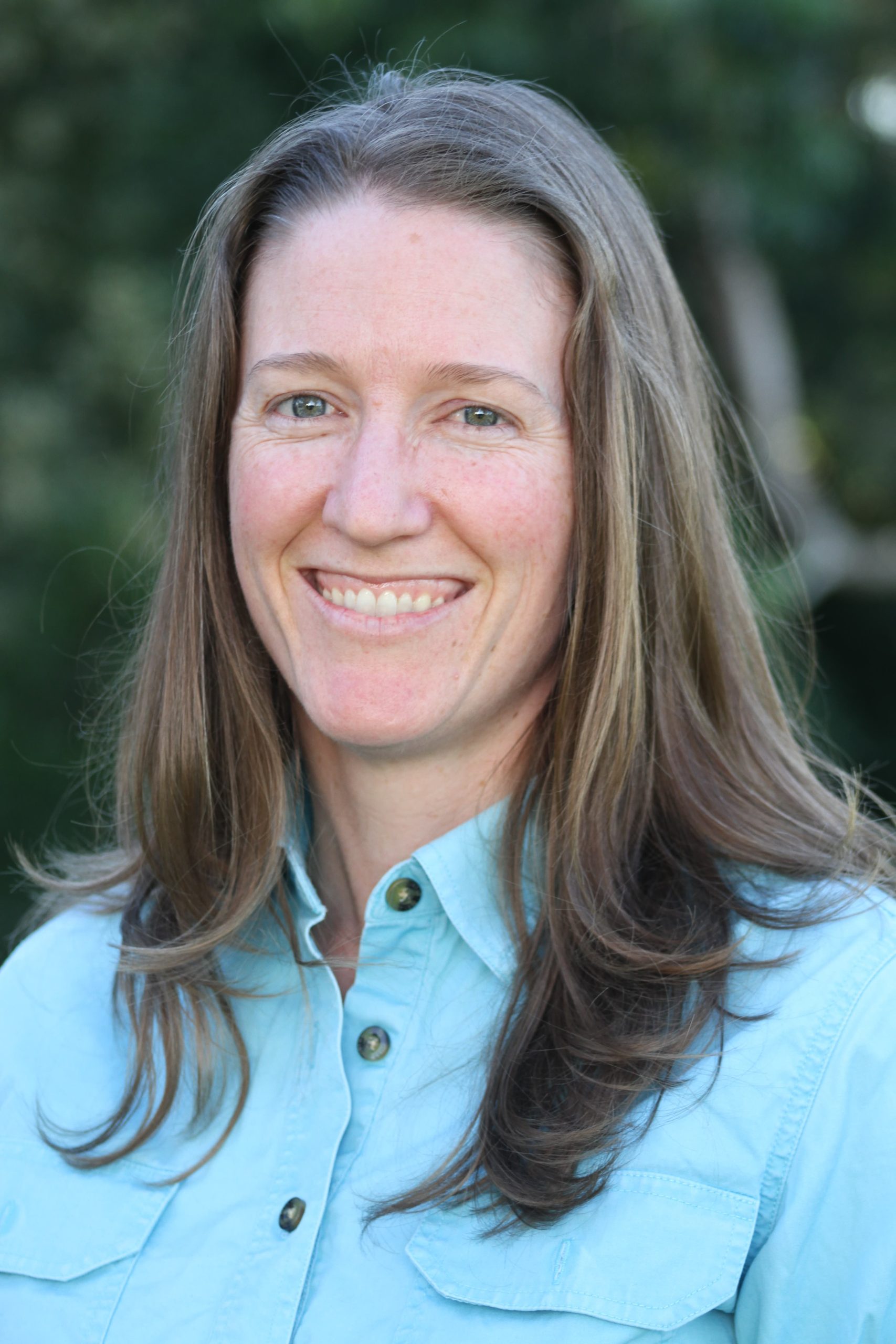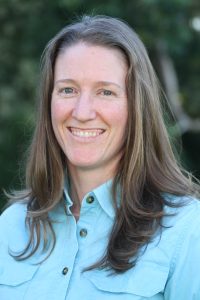As the nationwide program rolls out, we will be introducing key members of the team to understand more about the people driving this program forward.
In this researcher profile we introduce Elizabeth Frost from the NSW Department of Primary Industries, one of the lead researchers on the Plan Bee program.
Tell us a bit about your background
After studying medical and forensic entomology at university in my native USA and working in several insect labs, I started volunteering at the Bee Lab at the University of California, Davis.
After developing a strong interest in bees I continued to hone my beekeeping knowledge and skills working as field and lab manager at the UC Davis Harry Laidlaw Honey Bee Research Facility, as a technician sampling commercial beekeepers’ hives in California, North Dakota and Minnesota for pests, diseases and pesticides with the Bee Informed Partnership.
I also started my own company, contracting honey bee artificial insemination services for US queen breeders producing over 60 per cent of North America’s queen bees.
In 2013, I headed south to Australia to further my career and research and have ended up working as a Technical Specialist – Bees with NSW DPI, based in the Hunter Valley. It really is my dream job!
What drew you to an interest in bees?
I learned that studying insects could be a career when I was at University of California, Davis. My early research was focused on medical and forensic entomology (think insects, diseases and death).
But I had a big decision to make – which animal would be my target organism? I’d wanted to get back into agriculture in some way, having family working as orchadists and farmers – so I was drawn to bees. The more I learnt about the role they play in helping produce 1/3 of the world’s food, the more I knew I wanted to make bees my career.
Can you talk us through a typical working day for you?
I go to sleep and wake up at dawn thinking about the weather and how that will affect the tasks of the day ahead which, in the bee season, may involve
- Queen breeding activities including preparing queen starter colonies and grafting larvae, feeding sugar syrup and irradiated pollen, maintaining queen breeding colonies, collecting drone semen and inseminating breeder queens, and checking on the health and wellbeing of our artificially inseminated queens. We’re very busy thanks to the breeders that have supported Plan Bee through the donation of hives and queens.
- Coordinating overall research hive activities with NSW DPI Bee Manager Stanislav Nenov, including the coordination of equipment purchase and maintenance, vehicle maintenance, and management of the 260 hives we have at Tocal as part of the Plan Bee program.
- Providing policy advice regarding land use impacts on the beekeeping industry – mining, re-zoning, clearing, etc.
- Natural disaster response for incidents like drought, bushfires and most recently the severe floods that affected many beekeeping areas. I also help tailor industry assistance programs for things like fees subsidies and connect industry to assistance providers.
- Collaborating with NSW and Australian beekeeping associations, government and researchers regarding training and education, events and grant applications











